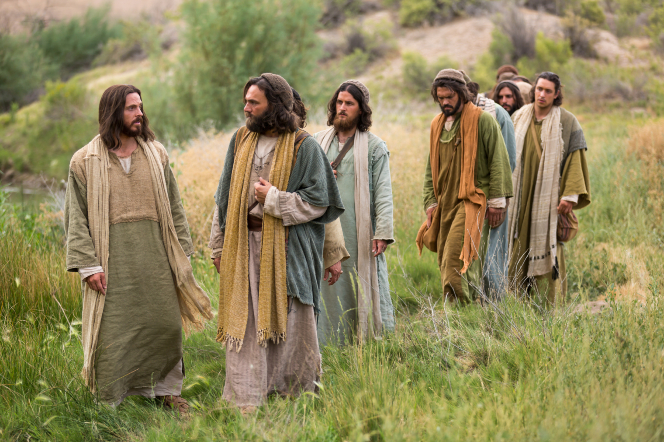 It's that time again....
It's that time again....Every year at this time I dread the Christmas family letters - most especially, strange as it may seem, the ones from Christian friends.
Why?
For one thing, as a general rule, Christian annual letters gloss over all the difficult stuff in the last year and like Facebook, portray the past year as one long season of bliss.
(It's why so many people who live off social media are depressed. They read about the lives of their friends who have air-brushed out the ordinary disappointments of life and they become unhappy by the contrast with their own troublesome lives.)
Another reason I despair of those annual letters - and this is the most tragic reason - is this: they are generally full of earthly achievements and devoid of any spiritual ones.
Parents boast about their kids like yea:
"John passed Grade 7 Oboe"
"Susan got a new job as a manager"
"Fred graduated with a 2:1 degree in XYZ"
When these earthly achievements are mentioned without any reference to the child's spiritual condition or spiritual growth we must be truly saddened.
Should not a Christian parent write something more like this?
"My middle son has grown in grace this past year and is serving Christ in his local church with the gifts the Lord has given to him."
"My third daughter gave us great joy in 2017 by being baptised in the spring, giving witness to the faith she has in the Lord Jesus."
"Please pray for my youngest son who remains backslidden."
Someone needs to say OUTLOUD that what grade John has achieved in Oboe, what high-faluten job Susan may have found, what degree Fred graduated with - all of these are totally and utterly insignificant compared with the spiritual condition of the child.
In the world to come these worldly "achievements" won't matter one single half hoot and will be completely unknown.
So I dread reading the Christmas letters, and rarely do I come away from that annual sitting without a sense of profound sadness at our upside down priorities.
A Christmas Letter with a Difference
This year, however, we received one Christmas letter which cheered our hearts. Here's what one member of this family said:
"This year will go down in my books as a year of the Lord drawing near to me. Through some special times of prayer and worship, I have felt God increasing my faith and courage to serve him in some challenging situations. I am discovering anew that the real Blessing in life is More of Jesus."
This believer was honest about "challenging situations" in life. And this believer made their personal contribution to the letter all about knowing God better.
What we speak - and what we write therefore - reveals the true state of our hearts, and our true priorities for both ourselves and our families.
What really matters to you, to me, to us? Temporary, passing matters, or spiritual and eternal ones?
This unusual Christmas Circular Letter ended with the following Bible verse:
















